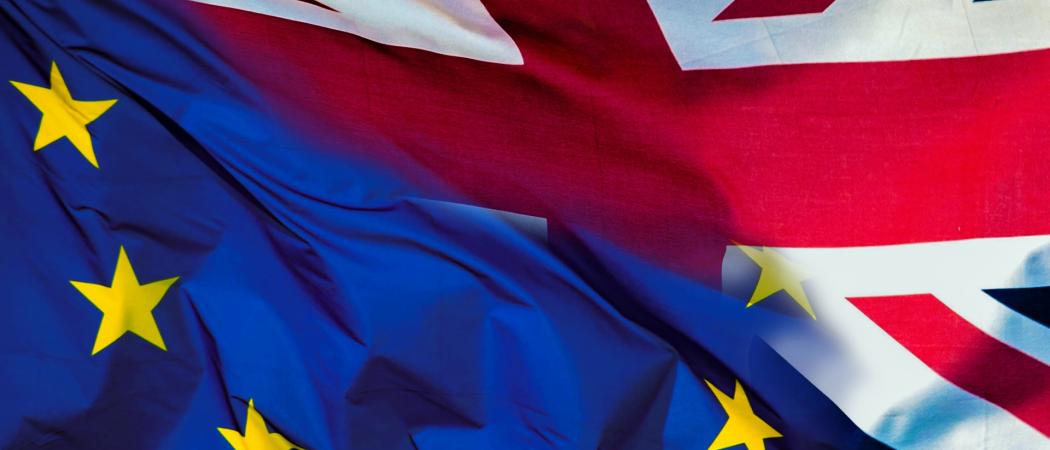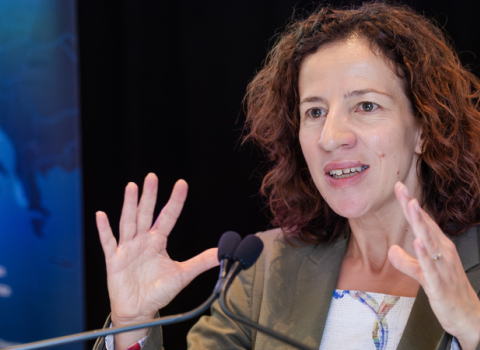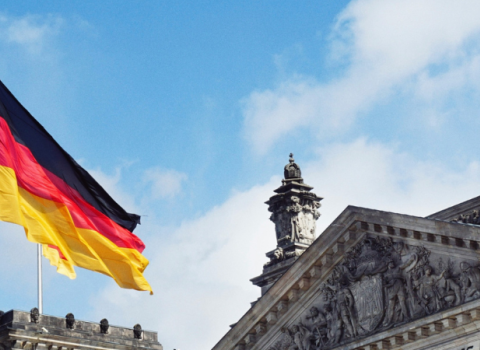With British universities one of the most popular destinations, cutting the UK out of Erasmus would be a big loss for the student exchange scheme, say people involved in its organisation

Brexit may block UK access to one of the most popular EU programmes, the Erasmus+ study abroad programme, cutting the number of available destinations and participating students, according to people involved in organising the student exchange visits.
The end of UK participation would be “a big loss”, they say.
The UK is the third most popular destination for European students after Spain and Germany, Naquita Lewis, who is in charge of the Erasmus scheme in the UK, told a conference in Brussels organised by the Centre for European Policy Studies and the British Council.
“The absence of physical mobility after Brexit would take us apart,” said João Bacelar, executive manager at the European University Foundation. “Student exchange is kind of the antidote to the malaise of Brexit. It’s profoundly unfair if young people would pay a price for something they didn’t want.”
The UK remains eligible for Erasmus+, under which students study in another country for between three and 12 months as part of their degree, while still a member state, but the future of Erasmus+ grants will depend on the outcome of Brexit negotiations.
Edinburgh University hosts more Erasmus students than any other UK university. Before the threat of Brexit loomed, the university had a plan to require all their students to have at least some foreign experience during their studies.
“Employers value the Erasmus brand,” said Isabell Majewsky Anderson, head of the Go Abroad Office at the university. Over two million students have taken part in the scheme since the European Commission launched it in 1987.
“It has recognition; it is currency for students looking to secure better jobs,” Anderson said.
Anderson’s message to negotiators was not to use student exchange as a negotiating pawn. “Can we not find some common ground on this? There are no losers under Erasmus,” she said. “The programme benefits every country. Let it not get lost in the mire of trade deals.”
No urgency to negotiate
Commission President Jean-Claude Juncker joked on Tuesday that Erasmus “increased the European libido”, referring to the estimated one million babies born to couples who met through the scheme.
Although cherished in some quarters, the programme is only one tiny piece of a sprawling divorce negotiation between the UK and EU.
“Because it’s a softer area, it doesn’t have the same urgency to negotiate as something like fishing agreements,” said Thomas Jorgensen, senior policy coordinator at the European University Association.
Scholarly exchange exists outside of Erasmus, of course, and in the event of a no-deal Brexit, the UK could still participate in Erasmus in some form, but this would depend on post-Brexit immigration rules. Several non-EU countries like Iceland, Liechtenstein, Norway and Turkey have access to the programme.
“Devising alternatives is not something that can be engineered overnight,” said Bacelar.
Transitioning from one system to another takes time, Anderson agreed. “What plans should we be putting in motion? We all need some kind of guidance.”





 A unique international forum for public research organisations and companies to connect their external engagement with strategic interests around their R&D system.
A unique international forum for public research organisations and companies to connect their external engagement with strategic interests around their R&D system.